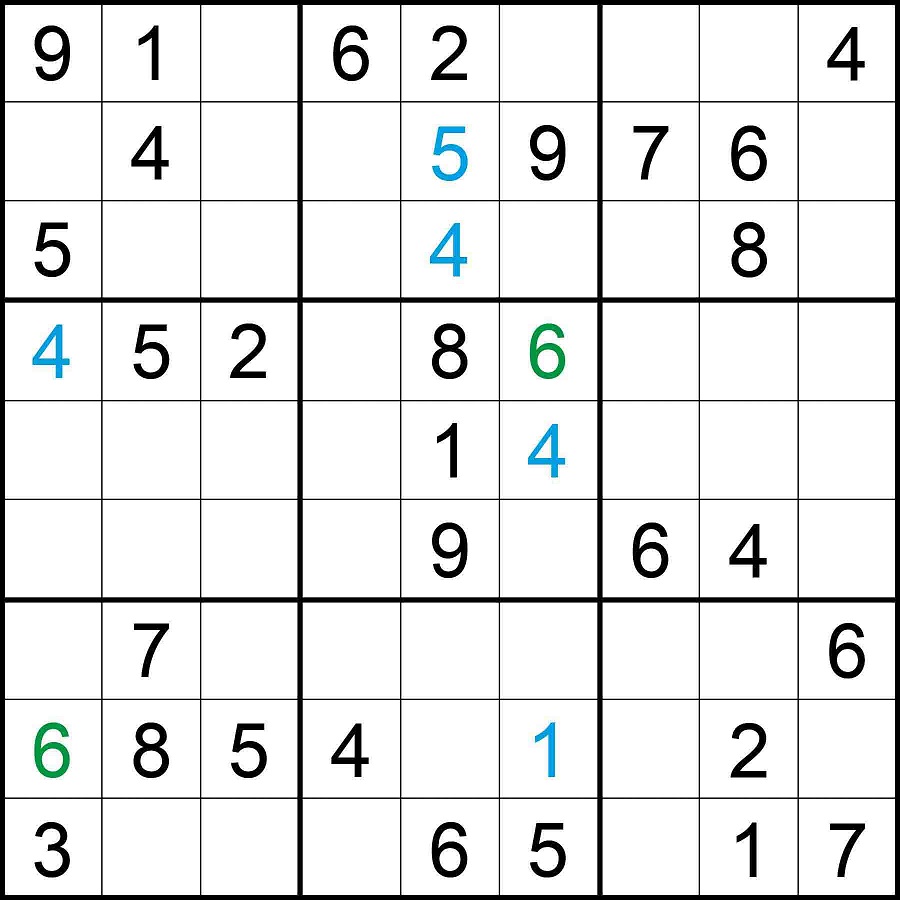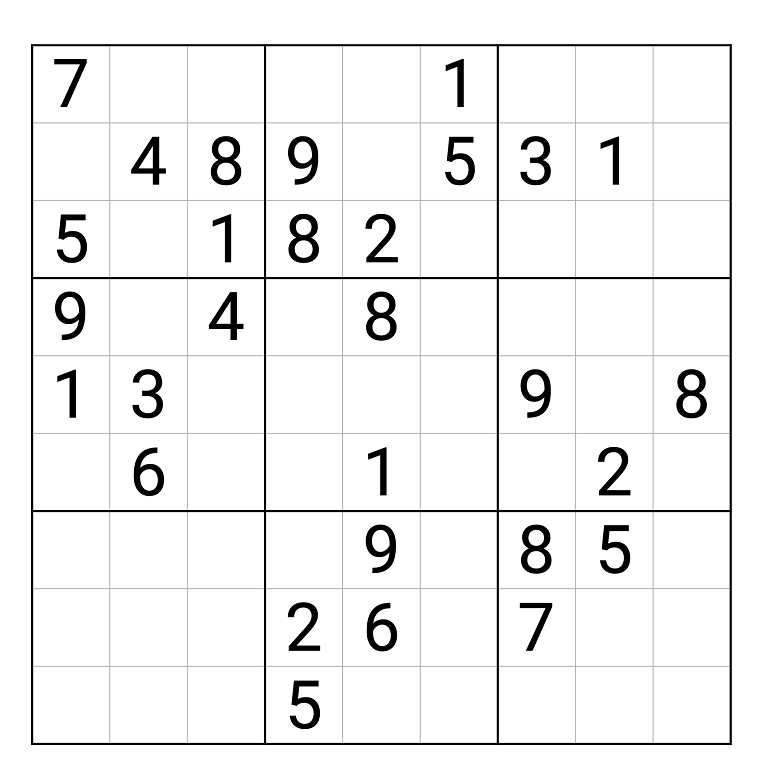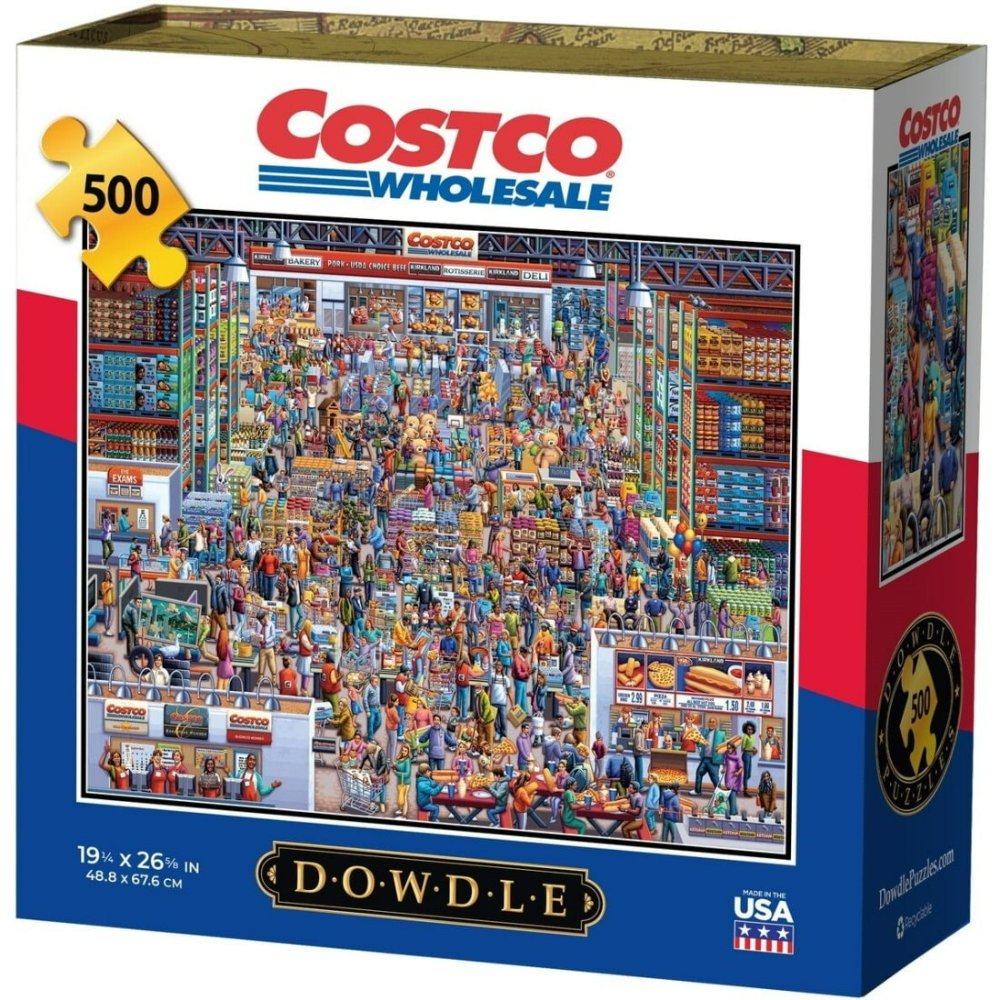In a world increasingly driven by technology and instant gratification, traditional puzzles like Sudoku often get overshadowed by digital trends. However, the enduring popularity of Sudoku hints at a deeper engagement with our cognitive abilities. Many enthusiasts and newcomers alike have begun to wonder: does Sudoku help your brain? This article delves into the multifaceted benefits of solving Sudoku puzzles, exploring how they can enhance cognitive function, improve problem-solving skills, and contribute to overall mental wellness.
Understanding Sudoku: A Brief Overview
Sudoku, a number-placement puzzle originating from Japan, requires participants to fill a 9×9 grid with integers from 1 to 9. Each row, column, and 3×3 subgrid, known as a “box,” must contain all the digits without repetition. The challenges presented by Sudoku puzzles vary in difficulty, offering something for everyone, from casual players to seasoned puzzle-solvers.
However, beyond its entertainment value, the question remains—what cognitive advantages does Sudoku offer? Research suggests that engaging with Sudoku puzzles can have positive effects on our brains, providing more than just a simple pastime. By requiring logical thinking, attention to detail, and strategic planning, Sudoku stimulates various cognitive processes.

Enhancing Cognitive Skills Through Sudoku
Engaging in Sudoku puzzles involves more than merely placing numbers on a grid. The puzzle challenges players to employ critical cognitive skills that are helpful in various life situations. Among these skills are memory retention, logical reasoning, and spatial awareness, all of which contribute to mental acuity.
Improving Memory Retention
One of the more subtle yet significant benefits of solving Sudoku puzzles is their capacity to bolster memory retention. The act of remembering patterns, potential numbers for each square, and the possible placements on the grid involves short-term and long-term memory. Players must keep track of numbers they’ve already placed and consider what numbers can still go in any given square. This constant mental juggling of information exercises the brain’s ability to recall and process data.
Research indicates that memory can decline with age, but activities that engage cognitive function—like Sudoku—may help mitigate this decline. Studies have shown that regular participation in mentally stimulating activities can lead to improved cognitive abilities in older adults. By regularly practicing Sudoku, individuals can strengthen their memory capacities and promote cognitive health.
Boosting Logical Reasoning Skills
Sudoku is fundamentally rooted in logic. Each puzzle requires a systematic approach where players assess various scenarios and eliminate possibilities based on their previous choices. This critical thinking process enhances logical reasoning skills. As individuals repeatedly engage with Sudoku, they develop a stronger ability to analyze situations and make informed decisions.
Moreover, logical reasoning is not confined to the realm of puzzles; it permeates everyday life. From solving problems at work to making personal decisions, a strong foundation in logical reasoning cultivates better judgment. Regularly practicing Sudoku can give individuals a mental framework for approaching challenges more methodically.
Spatial Awareness Development
Sudoku puzzles challenge players to think spatially, as they visualize the grid and the placement of numbers. Understanding how each number fits within the larger structure enhances spatial awareness, an important cognitive skill in many fields, including mathematics, engineering, and architecture.
Research has shown that activities requiring spatial reasoning can enhance performance in STEM (science, technology, engineering, and mathematics) subjects. As players engage in Sudoku, they train their brains to see relationships between numbers and their positions, thereby enhancing their overall spatial skills.

Stress Relief and Mental Well-Being
In addition to cognitive benefits, Sudoku can serve as a powerful tool for stress relief. The immersive nature of solving puzzles can draw individuals away from daily stressors, creating a mental bubble where focus shifts entirely to the puzzle at hand. This form of mindfulness can reduce anxiety and promote relaxation.
The Meditative Quality of Puzzles
Sudoku requires concentration, which can induce a state of flow, a mental state characterized by complete immersion in an activity. When in a flow state, one experiences reduced levels of stress and heightened happiness. Just like other forms of meditation, engaging with Sudoku can help calm the mind, allowing for an escape from daily anxieties.
Furthermore, the sense of achievement upon completing a challenging puzzle provides a significant dopamine release, supporting feelings of satisfaction and accomplishment. This positive feedback reinforces the desire to continue solving puzzles, creating a cycle of engagement and mental satisfaction.
Social Connection Through Sudoku
Sudoku also offers opportunities for social engagement. Many enthusiasts gather in clubs or online forums to discuss strategies, share tips, and challenge each other with difficult puzzles. This social interaction, combined with shared interests, contributes to improved mental well-being.
Engaging in social activities has been linked to better cognitive health and emotional resilience. By joining a Sudoku community, individuals not only reap the benefits of the puzzle itself but also foster connections with others that can positively affect their mental health.
Does Age Affect the Benefits of Sudoku?
While Sudoku offers clear cognitive benefits, the age of the player and their mental health can influence these advantages. Research indicates that older adults may gain the most from engaging in activities like Sudoku due to existing cognitive decline. However, individuals of any age can experience the benefits of improved memory, logic, and stress relief.
Engaging Young Minds
Sudoku can be an excellent educational tool for younger audiences as well. It can help children develop foundational skills in mathematics and logical reasoning. Many educational institutions have started incorporating Sudoku into their curriculums to promote problem-solving abilities among students.
As children practice Sudoku, they not only learn about numbers and patterns but also cultivate patience and perseverance—skills crucial for their overall development. By promoting such extracurricular activities, parents can enhance their children’s cognitive skill sets from a young age.

The Wise Choice for Older Adults
For older adults, participating in mentally stimulating activities is essential for maintaining cognitive health. Various studies have shown that seniors who engage in mentally demanding tasks show slower rates of cognitive decline compared to those who do not. Sudoku serves as an excellent method for seniors to exert their cognitive muscles while enjoying an engaging pastime.
Participating in Sudoku can also serve as a social gathering point for older adults, promoting interactions that can positively impact mental well-being. The combination of cognitive engagement and social interaction makes Sudoku a well-rounded activity that all age groups can benefit from.
Tips for Getting the Most Out of Sudoku
For those interested in reaping the cognitive benefits of Sudoku, practicing effectively is essential. Here are some tips to help maximize the positive mental effects:
Start Small and Gradually Increase Difficulty
If you’re a beginner, start by solving easier puzzles. As you gain confidence and knowledge of strategies, gradually tackle more challenging Sudoku puzzles. This incremental approach ensures you do not become overwhelmed, making the activity enjoyable rather than frustrating.
Analyze Completed Puzzles
Once you finish a puzzle, take time to analyze your thought process and the choices you made. Identify patterns or techniques you used to arrive at solutions. This self-reflection bolsters learning and further develops logical reasoning skills.
Consistency is Key
To truly experience the benefits of Sudoku, make a habit of solving puzzles regularly. Set aside a specific time each day or week to engage with a puzzle. Consistency enhances cognitive practice, and over time, you will notice improvements in memory and problem-solving abilities.
Join a Sudoku Community
Engagement with others who share your interest can elevate your motivation. Join online forums, local clubs, or social media groups dedicated to Sudoku enthusiasts. Sharing insights and participating in discussions will enhance your understanding and keep your Sudoku practice fresh and exciting.
Conclusion: The Multifaceted Benefits of Sudoku on Cognitive Health
As we explore the mental benefits of Sudoku, it’s clear that this seemingly simple puzzle offers profound advantages. From enhancing cognitive skills such as memory, logical reasoning, and spatial awareness to providing avenues for stress relief and socialization, Sudoku provides a comprehensive approach to mental wellness.
Whether you’re a seasoned enthusiast or a newcomer, embracing Sudoku puzzles can lead to vibrant improvements in cognitive health. Engaging regularly in this enjoyable activity is not merely a source of entertainment, but a smart investment in your mental well-being. So grab a pencil, find a puzzle, and start unlocking the myriad benefits that Sudoku has to offer!


